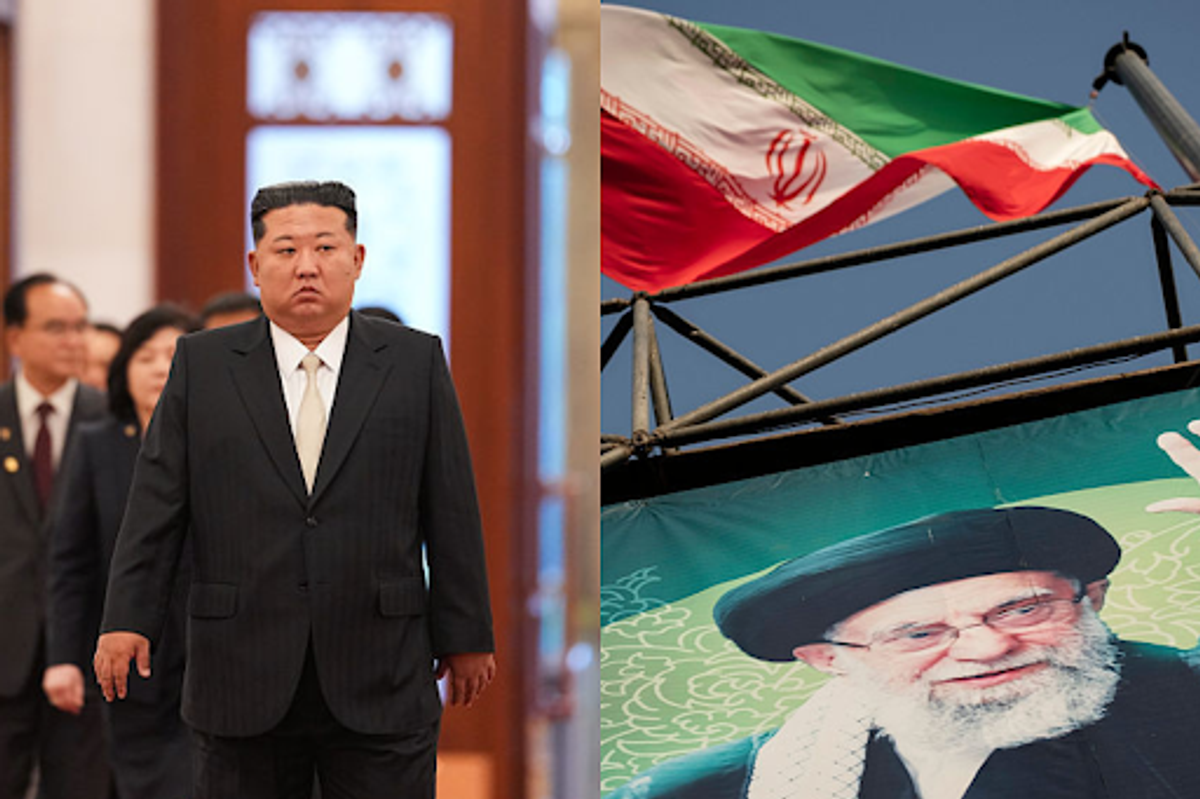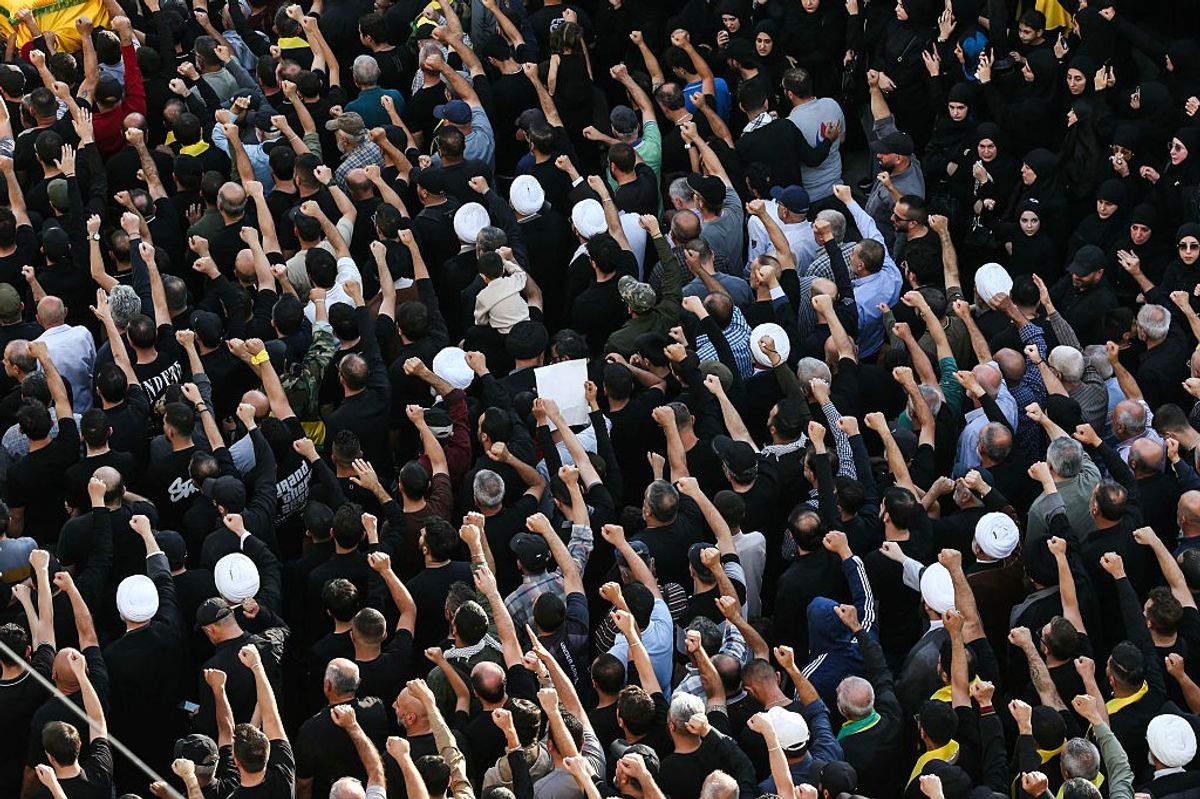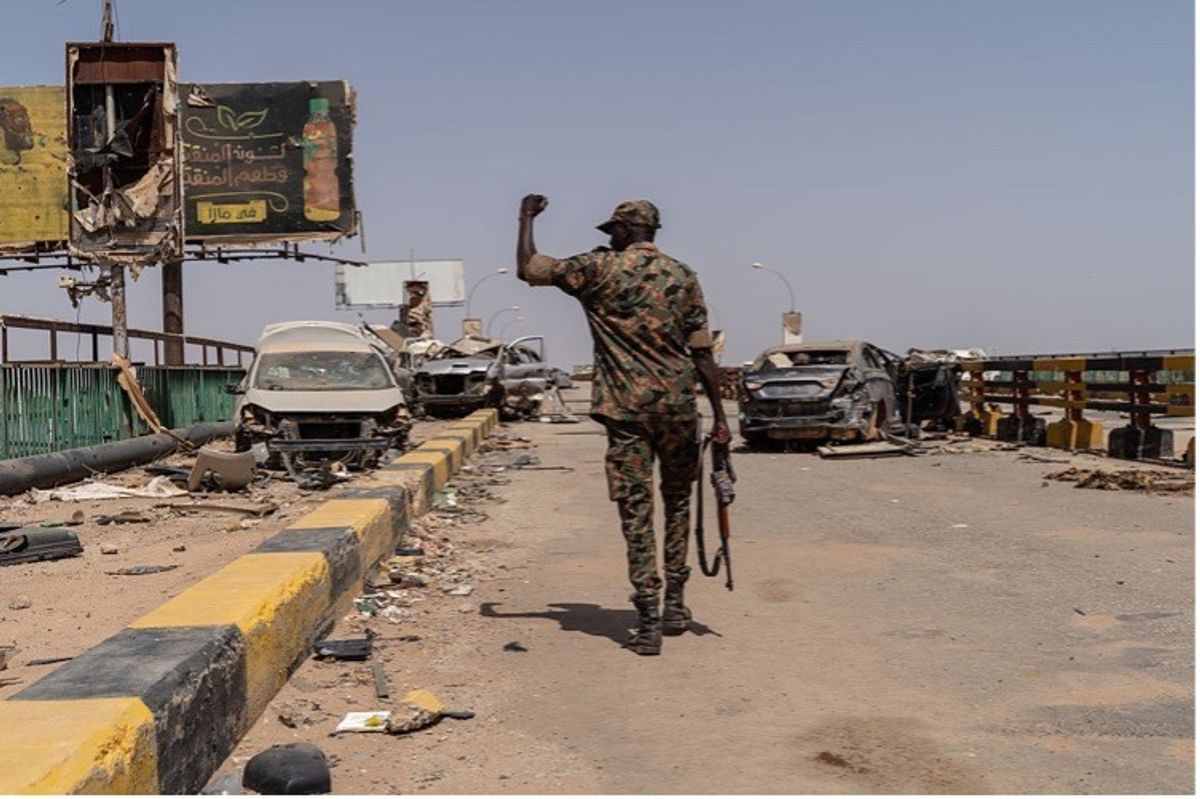OPINION — In the first three years after the Houthis’ 2014 takeover of Yemen’s capital, the de facto government in Sanaa was staffed by a combination of inexperienced Houthi ideologues alongside veteran bureaucrats associated with the former President and then Houthi-ally Ali Abdullah Saleh. Since Ali Abdullah Saleh sought to defect to the anti-Houthi coalition and was assassinated in 2017, Saleh loyalists have been sidelined and the senior ranks in Sanaa are increasingly filled with longtime Houthi devotees. It has already been noted that certain families even beyond the al-Houthi clan, such as the al-Marrani brothers or the al-Humran family, hold many of the regime’s senior posts. However, it has long been overlooked how Houthi media figures are filling some of the Houthi regime’s most important and influential roles.
First, one of the most senior figures in the Houthis’ Security and Intelligence Service (SIS) is a former media figure. To provide some context, the SIS is a ruthless organization with a remit that extends from foreign sabotage to controlling the local economy to targeting “undesirables” (religious minorities, social activists, and critics of the Houthis) in Houthi-controlled areas. Numerous officials from the agency’s senior leadership have been sanctioned by the U.S. under the auspices of the Global Magnitsky Act for their role in egregious human rights violations.
Fawaz Nashwan currently serves as an Undersecretary of the SIS, but before the Houthis took power he was writing articles for Yemeni news outlets extolling the virtue of truth and decrying accusations leveled against Ansar Allah. After the Houthis marched into Sanaa, he worked for Houthi intelligence to monitor the online activities of Yemenis. For several months, prior to the merger between the Houthis’ two premier intelligence agencies in 2019 to form the SIS, Nashwan was actually Chief of the National Security Apparatus. In 2022, there were unconfirmed reports that during SIS Chief Abdelhakim al-Khaiwanai’s brief absence, Nashwan and al-Khaiwani’s deputy Abdelqader al-Shami fought for the role of interim chief. If true, that would place Nashwan among the most powerful people in one of the most powerful organizations in Houthi-controlled Yemen.
It's not just for the President anymore. Are you getting your daily national security briefing? Subscriber+Members have exclusive access to the Open Source Collection Daily Brief, keeping you up to date on global events impacting national security. It pays to be a Subscriber+Member.
Second, within the scope of the Houthis’ limited foreign relations, the group’s media officials have sidelined more experienced diplomats. The Houthi Ambassador to Iran, Ebrahim al-Dailami, served as the general manager of the Houthi mouthpiece al-Masirah prior to his appointmentand is not known to have had any previous diplomatic or governmental experience. His successor at al-Masirah, Ammar al-Hamzi, currently wears two hats: serving as the general manager of the Beirut-based Houthi channel while also functioning as the Houthis’ representative in Lebanon. However, Hamzi’s role representing the Houthi movement in Lebanon is not official because the Lebanese State has not recognized the Houthis as the official government of Yemen; at this point the only states to have done so are Iran and Syria, and the latter recently retracted that recognition.
In Syria, where the Houthis controlled the Yemeni Embassy in Damascus until their expulsion in the final months of 2023, Abdullah Sabri served as the Ambassador. Sabri had previously functioned as a Houthi “journalist” in Sanaa where he led one of the group’s propaganda arms known as the Yemeni Media Union. Prior to his posting in Damascus, Sabri was injured in a Saudi airstrike which was presented in the media as an attack on Yemeni journalists rather than the targeting of a senior official in the Houthis’ information warfare organization.
The Houthi “supervisor”(mushrif) in Damascus responsible for reporting back to Sanaa and ensuring that all in the embassy was operating according to the group’s instructions was a young media figure known as Yasser Mohallel. Mohallel operated under the convenient cover of Press Advisor at the Embassy. Meanwhile, another senior official at the Yemeni Embassy in Damascus, Radwan al-Haimi, worked as a youth activist who appeared frequently in the media before his appointment to the Houthi’s Supreme Revolutionary Committee and then embarking on his diplomatic career. At the embassy, al-Haimi claimed for himself the title of Minister Plenipotentiary.
Notably, the member of the embassy staff in Syria with the most governmental experience was likely Military Attaché Col. Sharaf al-Maori who previously served as an Air Force pilot. Probably out of loyalty to deposed President Ali Abdullah Saleh, in 2014 al-Maori defected to the Houthi ranks during the Houthi-Saleh alliance and was even awarded a cash prize for personally conducting airstrikes, tantamount to assassination attempts, on the residence of interim-President Hadi in 2015. Experience aside, his status as a former Saleh loyalist appears to have relegated him to the margins, and he appeared to serve primarily ceremonial functions in Damascus.
Finally, one would also be remiss not to mention the incredible influence exercised by Houthi spokesman Mohammed Abdelsalam. Abdelsalam often works out of the Houthi offices in Oman where he serves as the de facto Houthi foreign minister. He handles the organization’s international negotiations while serving as the Chairman of the Board of the Houthis’ premier media outlet Al-Masirah. Perhaps because of that close connection to the Houthi channel, Abdelsalam appears to include members of the outlet’s staff in his work as a negotiator and spokesman. For example, Hamed Rizq serves in a senior role in al-Masirah and has been included in Houthi delegations to conduct international negotiations alongside Abdelsalem. Rizq has also been involved in other outreach efforts, including those to enhance cooperation between Houthi and Hezbollah media outlets and to explore options for Houthi cooperation with political leaders from South Yemen.
Not a Subscriber+Member but need access to the national security content that the experts read? Let's get you in.
It is worth asking why so many media figures have risen to such senior roles in an ostensibly religious-political-military group like the Houthis. Perhaps one might have expected to find more religious scholars or tribal leaders in these ranks.
The principal explanation is that information operations conducted via media and social media are a significant component of Houthi activity and have proved essential to the organization’s ability to outmaneuver adversaries at home and aboard. The media campaign conducted by the Houthis against the Saudi-led coalition in Yemen was essential for creating significant apathy towards Saudi Arabia in capitals around the world; the reputational damage Riyadh suffered in Washington, among other costs and the stalemate on the ground, was a major factor in the Saudi decision that it would be wisest to seek a negotiated agreement. Domestically, the Houthis have invested a great deal of resources in controlling the information available to Yemenis and targeting them with relentless propaganda on social media, traditional media, in schools, summer camps, work, and mosques. This is essential for ensuring a docile population in the face of crushing poverty and misrule by a dynastic kleptocracy of the Houthi family and their cronies.
A secondary explanation is that in the aftermath of the Arab Spring, Lebanese Hezbollah and Iran’s IRGC began to recruit and cultivate Houthi officials under the guise of media training seminars in Beirut and elsewhere. Given the nature of these events and the cover used to lure them there, it is unsurprising that this skewed heavily toward the media industry. On a practical level, those who attended these events likely returned well-connected to one another and well-connected to the group’s all-important sponsors in Beirut and Tehran; this would likely bode well for the future of one’s career in Sanaa.
It might be a stretch to say that the Houthis subscribe to the notion that “the pen is mightier than the sword.” But it would likely be more accurate to conclude that they see the value in integrating these two mutually reinforcing components. The more compelling a movement is, the more recruits it will draw into its ranks and the less resistance it will face at home and abroad. Likewise, the more successful one’s organization is on the battlefield, the easier it will be to make the case for it in the information space.
The Cipher Brief is committed to publishing a range of perspectives on national security issues submitted by deeply experienced national security professionals. Opinions expressed are those of the author and do not represent the views or opinions of The Cipher Brief.
Have a perspective to share based on your experience in the national security field? Send it to Editor@thecipherbrief.com for publication consideration.
Read more expert-driven national security insights, perspective and analysis in The Cipher Brief















